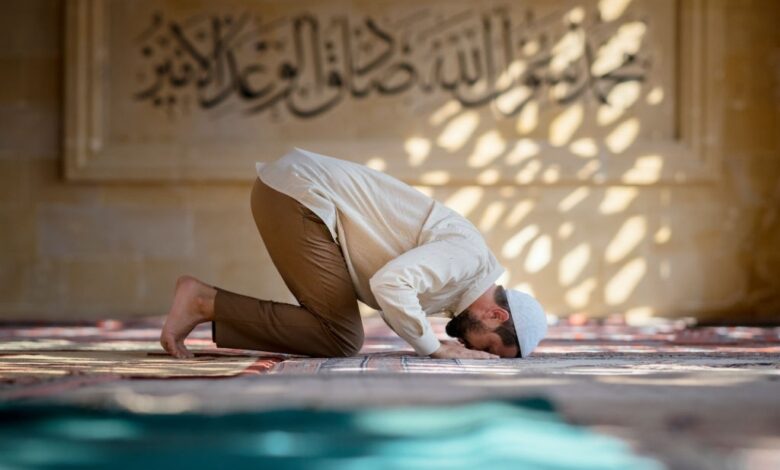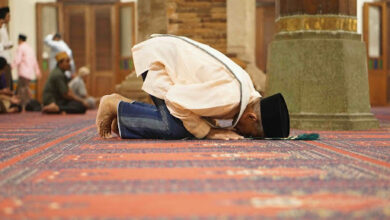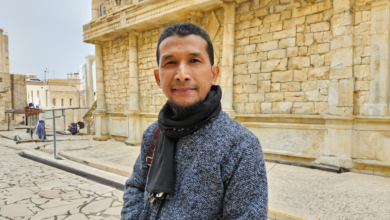
DDHK.ORG - The practice of praying from the time of our ancestors to the present day generally uses the standard of prayer described by the Shafi'i school of thought. This is because the majority of the Indonesian population is generally the Shafi'i school of thought. The scholars who spread Islam in the archipelago, of course, were also scholars of the Shafi'i school of thought. So automatically the practice of prayer is based on the fiqh of the Shafi'i school of thought.
Through this series of articles, DDHK News describes the nature of the prayer of the Prophet Muhammad based on the Shafi'i school, as written by Muhammad Ajib, Lc., MA. in his book "Sahih Evidence of the Prophet's Prayer Ala Madzhab Syafi'iy".
***
Takbir Intiqol
The takbir that is said when going to bow, prostrate, sitting between 2 prostration, and when going to stand up to rakaat is then called takbir Intiqol. Takbir Intiqal is a sunnah for the imam, the congregation, and those who pray alone.
From the companions of Abu Hurairah Radhiyallahu anhu that the Prophet when praying said takbir, when bowing said takbir, when prostration said takbir, when sitting said takbir, and so on. (Hadith narrated by Bukhari & Muslim)
Read with jahr and isror
When praying in congregation, it is sunnah for the imam to recite his readings (Surah al-Fatihah and other surahs) in the Maghrib, Isha and Fajr prayers. Likewise for people who pray alone.
As for the dhuhur and asr prayers, it is sunnah for the imam and those who pray alone to recite their readings.
First proposition: The Prophet read the letter at-Thur at the maghrib prayer, read the letter at-Tin at the Isha prayer and read the letter at the dawn prayer. (Hadith narrated by Bukhari & Muslim)
Second argument: From a friend of Khabab Radhiyallahu anhu was asked, did the Prophet read during the dhuhur and asr prayers? Khabab replied: Yes, how did you know the Prophet was reading? Khabab replied: from the movement of his beard. (Hadith narrated by Bukhari)
[Continued] [DDHKNews]



